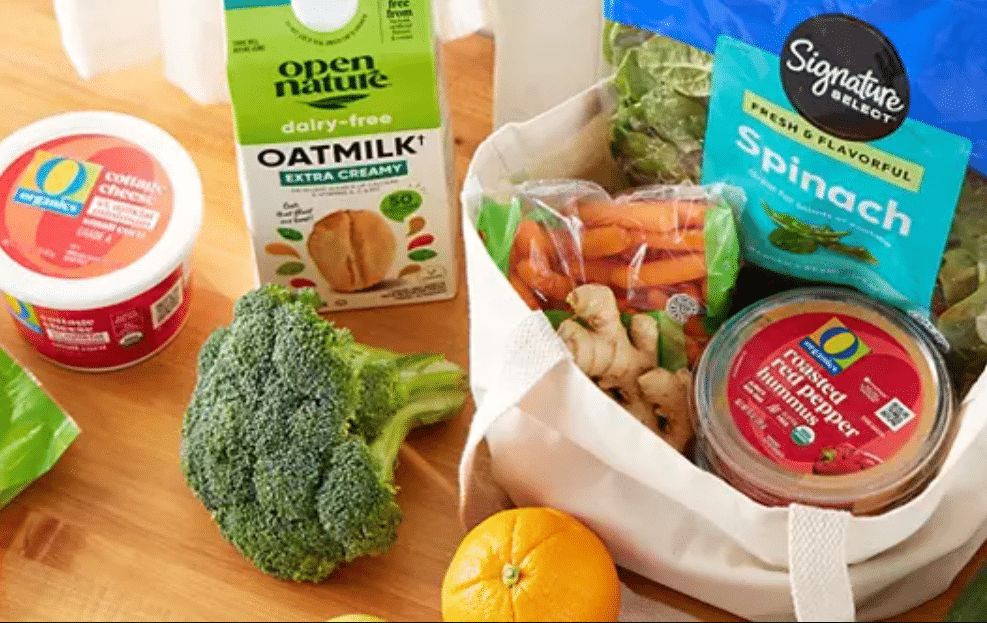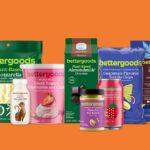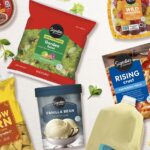
It’s no surprise that cost-conscious shoppers have turned to store brands in recent years to fight inflation. What might be a surprise to national brands counting on these shoppers’ eventual return, is that they might not.
“Initially driven by cost-conscious shoppers, private labels have evolved into sought-after options,” the market research firm Circana found in a new report, “From Growth to Transformation: The U.S. Private Label Story.”
As grocery prices have risen, several surveys and studies have shown that shoppers are buying more store brands. Circana’s own survey showed that buying store brands is one of the top money-saving strategies, cited by a third of shoppers, behind only looking for sales, cutting back on non-essentials and using more coupons.
Part of the reason grocery shoppers have changed what they’re buying, is because they’ve changed where they’re buying. More people are shifting their shopping from traditional supermarkets to mass market retailers like Walmart, club stores like Costco, and limited assortment retailers like ALDI – all of which offer a wide selection of well-known store brand products. Buying store brands is therefore becoming a habit for a lot of shoppers, with all of them saying they buy at least some private label products, more than a third choosing a retailer based on the store brand products they carry, and more than a quarter having recently tried a new private label product for the first time.
So traditional grocery stores are stepping up their game. Instead of simply offering cheaper alternatives to the national brands, successful store brand sellers are investing in “innovation, sustainability, differentiation and premiumization,” Circana noted, which has “pushed private labels beyond a focus on price.”
One thing they could get better at, though, is offering deals. As national brands increase their promotional activity, savvy shoppers know they can often get a name brand for less by waiting for a deal. Circana estimates that private label prices are an average of 20% cheaper than their name brand equivalents. So a BOGO sale on a name brand would instantly eliminate store brands’ price advantage.
Circana found that store brands are advertised about as frequently as name brands, but they’re discounted less often. And what discounts there are, are not as deep. The report gives a shout-out to Albertsons for celebrating “Own Brands Month” in January, when it offered a 25% discount on many store brand products.
Circana sees more of that in the future. “Retailers may rethink pricing and promotion strategies,” the report predicted. “But innovation will continue to take center stage.”
And private label investment and innovation is likely to occur more often in more traditional grocery stores. “While value channels have recently driven private label gains, expect more grocers – both large and mid-sized – to invest more aggressively, making private labels a core growth strategy,” Circana’s global executive vice president and chief advisor Sally Lyons Wyatt said in a statement.
Perhaps one of the report’s most surprising findings is that some shoppers are so accustomed to buying store brands over national brands, that many can’t even tell the difference. When shown a selection of products and asked to identify the store brands and the national brands, 25% could not correctly identify which was which.
“Private labels are no longer only seen as low-cost, low-quality options,” the report concluded. They now appeal to shoppers who “recognize the quality and variety” that they offer. And if buying store brands helps them stretch their grocery dollars – even better.
Image source: Albertsons










